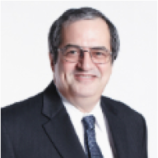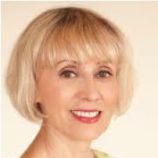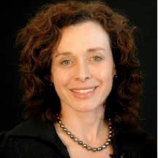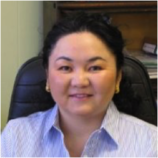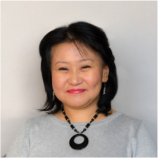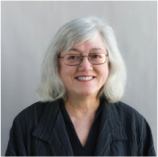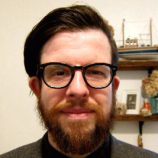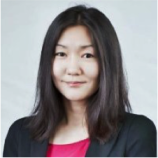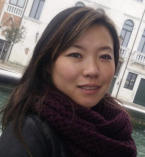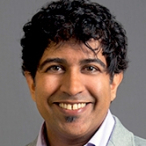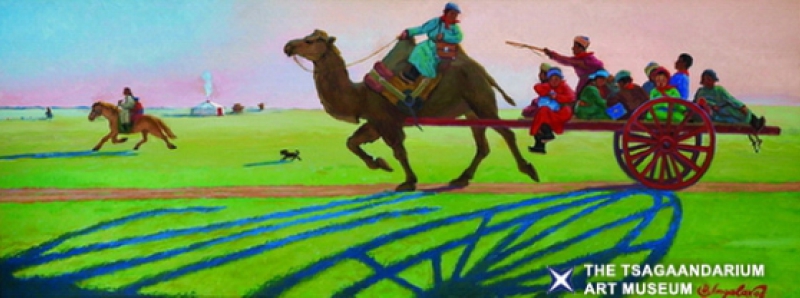
About Us
The Mongolia Foundation is a non-profit 501(c)(3) non-profit organization based in San Francisco, CA. The Mongolia Foundation is an educational and cultural organization that started its activities in 2014 under the guidance of Dr. Uranchimeg Tsultem. The Mongolia Foundation aims to support education about Mongolia and Mongolian Studies in the U.S, Mongolian students enrolled in colleges and universities in the U.S. and Mongolian artists in the U.S.
Our Board includes several University of California faculty whose field of research and teaching includes Mongolia in various disciplines as well as Mongolian-Americans. The MF is presided by Ronald A. Marchesani, the co-Founder and the President.
MEET OUR BOARD:
PRESIDENT: Ronald Marchesani has recently served as the Senior Vice President of Alvotech company in Reykjavik, Iceland. Previously he was SVP at Samsung Biologics in South Korea. He has over 40 years of experience working in the biopharmaceutical industry, biologics and vaccine industries and holds a BS degree in Chemistry and Biology from University of Miami.
EXECUTIVE DIRECTOR. Dr. Vesna Wallace is Professor of Religious Studies in the Department of Religious Studies at the University of California, Santa Barbara. Her two areas of specialization are South Asian and Mongolian Buddhist traditions. She has authored and translated four books related to Indian Buddhism and published numerous articles on Indian and Mongolian Buddhism.
BUSINESS DIRECTOR: Whitney Hischier is a Faculty Director and a Lecturer at the Center for Executive Education in HAAS School of Business at University of California, Berkeley. She conducted several sessions of the Executive Education Program in Mongolia in cooperation the second largest business enterprise, Newcom Group, the owner of the largest mobile phone provider, Mobicom, and Eznis Airlines.
TREASURER: Aigul Myekyei is a CPA and Enrolled Agent with over 10 years experience in accomplishing effective tax and accounting solutions for companies and individual clients. She has an MBA in Finance, a BA in Economics, and speaks five languages. Back in Mongolia, Aigul was an internal auditor and fraud investigator for the Central Bank of Mongolia. Her father was President of the National University of Mongolia. She is very focused on accurate accounting service to her clients. She is licensed in State of California and NMLS.
Dr. Uranchimeg Tsultem, art historian and curator. She is Edgar and Dorothy Fehnel Chair in International Studies and Assistant Professor at Herron School of Art and Design, Indiana University-Indianapolis. Previously, she taught at University of Iceland, Yonsei University in South Korea, National Univeristy of Mongolia and at UC Berkeley, where she also served as Co-Chair of the Mongolia Initiative at Institute of East Asian Studies. She has published on Mongolian Buddhist and contemporary art and has curated Mongolian contemporary art exhibitions internationally since 1997. Her exhibitions were shown at Kasumi Center in Tsukuba, Japan in 1997, HanArt Gallery in Hong Kong in 2011, Ulaanbaatar Pavilion at Shanghai Biennale in 2012, Venice Biennale in 2015, Modern Art Gallery in Ulaanbaatar in 2018, and Sapar Contemporary in New York City in 2019.
Dr. Patricia Berger is Professor Emerita of Chinese Art. She received her Ph.D. in the History of Art in 1980 from the University of California, Berkeley. Before joining the Berkeley faculty in 1997, she served as Curator of Chinese Art at the Asian Art Museum of San Francisco and taught at Oberlin College and the University of Southern California.
While at Asian Art Museum, in 1995 Berger curated the only exhibition of Mongolian Buddhist art in the US and co-authored the extensive catalog on Mongolian art, titled Mongolia: The Legacy of Chingis Khan. She also participated in the development and staging of a number of international exhibitions.
Dr. Matthew King is Associate Professor in Religious Studies at University of California, Riverside. His research examines Buddhist responses to the “crisis” of the Qing imperial collapse and the embrace of nationalism, science, and socialism in revolutionary Mongolia (1911–1937). He has published research on Buddhist–missionary encounters, Buddhist revival in post socialist Mongolia, and the impact of Buddhist Modernism on monastic education in Asia.
Tugsu Armstrong received her B.A. in Sociology from the University of Michigan and is a graduate of Law from the University of Virginia School of Law. Upon graduating from University of Virginia School of Law, Tugsu worked at law firm Goodman Allen Donnelly in Charlottesville, VA. She soon commissioned as a JAG officer and graduated from Judge Advocate Officer Basic Course in May of 2016. Captain Armstrong has served as the Chief of Legal Assistance at United States Army Garrison Humphreys' Consolidated Legal Center, Republic of Korea. Tugsu has been serving at Joint Base of Elmendorf- Richardson as the Trial Counsel for US Army Alaska since July 2018 focusing on Military Justice and Courts Martial actions.
Sangseraima Ujeed, Assistant Professor of Tibetan Buddhism at University of Michigan. Previously, she was ACLS Robert H.N Ho Fellow in Buddhist Studies at University of California, Santa Barbara. She received her MSt and DPhil degrees in Oriental Studies from the Department of Tibetan and Himalayan Studies, Faculty of Oriental Studies, University of Oxford. Her main research focus is the transnational aspect of Buddhism, lineage and identity in Tibet and Mongolia in the Early Modern period, with a particular emphasis on the contributions made by ethnically Mongolian monk scholars.
Dr. Jaspal Sandhu is a lecturer in design and innovation at the School of Public Health at the University of California, Berkeley. He is the co-founder of the Gobee Group, a social inovation design consultancy that partners with a number of international development organizations. Prio to Gobee, he worked for two years with the Mongolian Ministry of Health as a Fulbright scholar to research the design of health information systems for community health nurses (bag feldshers) in rural Mongolia. He speaks Mongolian, Spanish, Punjabi, and English.

